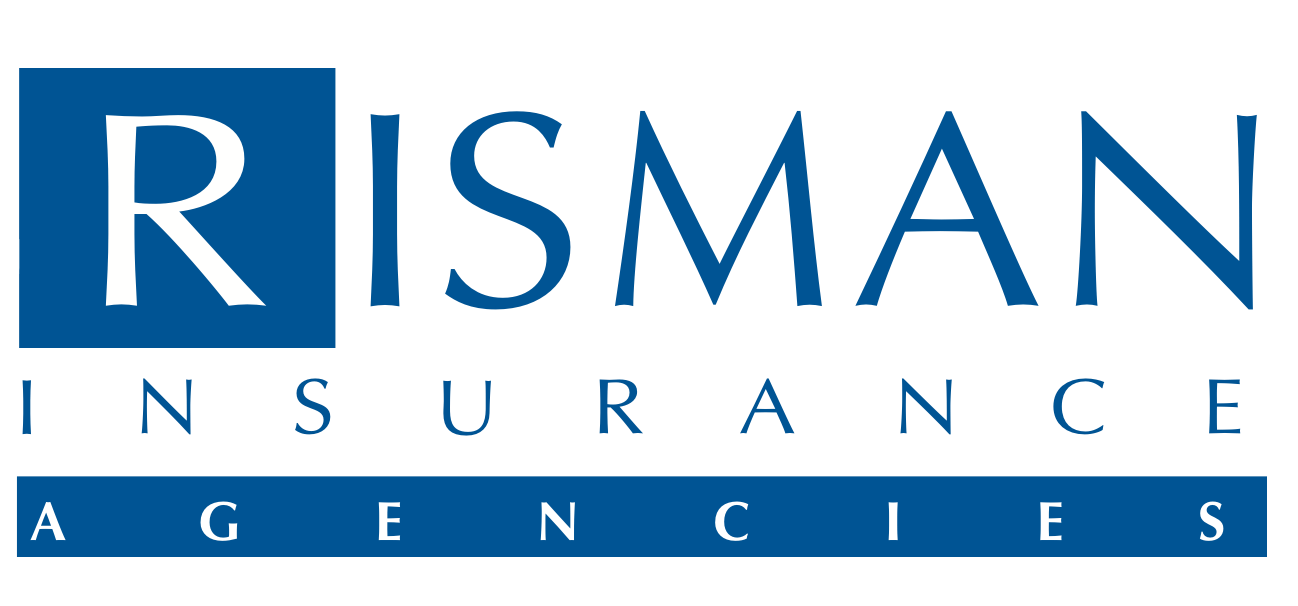As an entrepreneur, building and growing a business involves taking risks. However, managing those risks effectively is essential for long-term success and sustainability. While some risks are inevitable, there are strategies you can employ to mitigate them and protect your business. One such strategy is leveraging insurance as a powerful tool in your risk management arsenal. In this post, we’ll explore practical advice for entrepreneurs on identifying and managing business risks through insurance.
Identifying Business Risks: Before you can effectively manage risks, you need to identify them. Business risks can come in various forms, including financial, operational, legal, and strategic risks. Conduct a comprehensive risk assessment to identify potential threats to your business, such as market fluctuations, natural disasters, lawsuits, or cyberattacks. By understanding the specific risks your business faces, you can tailor your insurance coverage to address those vulnerabilities.
Understanding the Role of Insurance: Insurance serves as a critical component of your overall risk management strategy. It provides financial protection against unexpected events that could otherwise jeopardize your business’s operations and finances. Insurance policies can cover a wide range of risks, including property damage, liability claims, employee injuries, professional errors, and business interruption. By transferring some of the risk to an insurance provider, you can minimize the financial impact of unforeseen events on your business.
Choosing the Right Insurance Coverage: Selecting the appropriate insurance coverage requires careful consideration of your business’s unique needs and risk profile. Work with an experienced insurance agent or broker who understands your industry and can recommend tailored insurance solutions. Common types of insurance for entrepreneurs include:
- General Liability Insurance: Protects against claims of bodily injury, property damage, and advertising injury.
- Property Insurance: Covers damage or loss of business property due to fire, theft, vandalism, or other covered perils.
- Business Interruption Insurance: Provides financial compensation for lost income and operating expenses if your business is temporarily unable to operate due to a covered event.
- Professional Liability Insurance: Shields against claims of negligence, errors, or omissions in professional services or advice.
- Cyber Liability Insurance: Safeguards against losses resulting from data breaches, cyberattacks, or other cyber-related incidents.
Evaluating Coverage Limits and Deductibles: When purchasing insurance coverage, carefully review policy limits and deductibles to ensure they align with your risk tolerance and financial resources. While higher coverage limits offer greater protection, they also come with higher premiums. Similarly, adjusting deductibles can impact your premium costs and out-of-pocket expenses in the event of a claim. Strike a balance between adequate coverage and affordability to mitigate risks effectively.
Regularly Review and Update Insurance Policies: As your business evolves, so do its risks and insurance needs. Schedule regular reviews of your insurance policies to ensure they remain current and aligned with your business’s operations and objectives. Factors such as expansion into new markets, changes in regulations, or the introduction of new products or services may necessitate adjustments to your insurance coverage. By staying proactive and responsive to changes, you can maintain comprehensive protection against evolving risks.
Entrepreneurship inherently involves risk, but effective risk management is essential for business resilience and longevity. Insurance plays a vital role in mitigating risks and protecting your business from unforeseen events that could disrupt operations or result in financial losses. By identifying your business’s unique risks, selecting the right insurance coverage, and regularly reviewing and updating your policies, you can strengthen your risk management strategy and focus on driving growth and success in your entrepreneurial journey.

Recent Comments